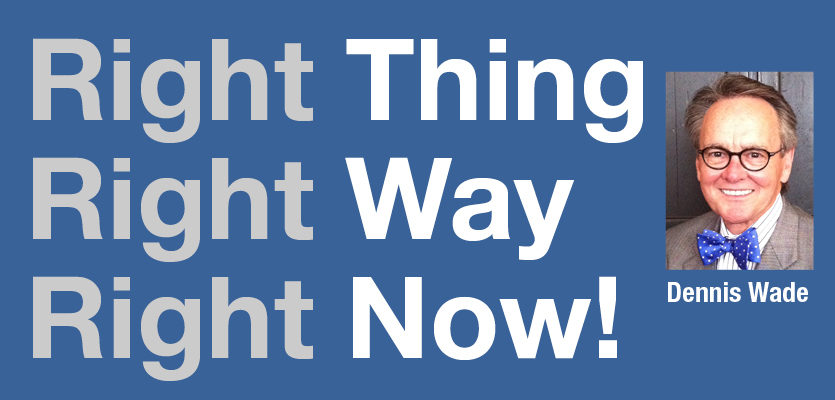 We should ask why Christopher Columbus did not feel a compulsion to stay constantly in touch with all of his friends while he undertook one of the most dangerous and important voyages in history.
We should ask why Christopher Columbus did not feel a compulsion to stay constantly in touch with all of his friends while he undertook one of the most dangerous and important voyages in history.We should ask why our Founding Fathers were able to write one of the most important documents of all time, even though they were not able to immediately share every development detail with everyone, simultaneously.
We should ask why Abraham Lincoln was capable of leading this country through what was arguably one of the greatest challenges ever, without a compulsion of inadvertently adding in the distraction of making sure he shared all of the insignificant details 24/7.
We should ask why Mark Twain, Ernest Hemingway, F. Scott Fitzgerald, Walt Whitman, Emily Dickinson and other great American Authors were able to create some of the finest literary works ever written without the entire world knowing what they wore while they were on vacation.
We should ask why Babe Ruth, Jessie Owens, Babe Didrikson Zaharias and hundreds of other exceptional athletes were able to accomplish incredible feats while competing with other remarkable athletes, without devoting much time at all worrying about how to post their feelings.
We should ask why Martin Luther King was able to have and share a dream, that changed the course of history even though he could not, or chose not to, wallow in details of monumental insignificance in the world around him.
We should ask why it is okay to destroy the rules of grammar and create an entirely new vocabulary that is tougher that Egyptian Hieroglyphics, but makes a lot less sense.
We should ask why so many people, of all ages, are compelled to remove the human element and replace it with a device that cannot love, feel, hurt, share or produce meaningful relationship. Why does a couple sit across from each other at a restaurant and stare at a small screen while they frantically type, oblivious to each other and the world around them.
We should ask why so many school age students can send thousands of digital messages through the course of a month yet they cannot read well enough, add well enough, explain the Constitution or the basic structure of their government well enough, identify an invertebrate from a vertebrate or conjugate a verb.
We should ask why people drive along at highway speeds and cannot leave the device dormant long enough to respond to "dings" and not risk their safety and the safety of others around them.
We should ask why we have no problem responding immediately to a "text" but are too busy to visit personally or return a phone call. We should ask why we allow this insensitive form of communication to take the place of a voice.
We should ask why and if we do, when we arrive at an answer it should include, less of the digital activities and much more of the activities that will help us to help others and ourselves.
We really should ask why.

